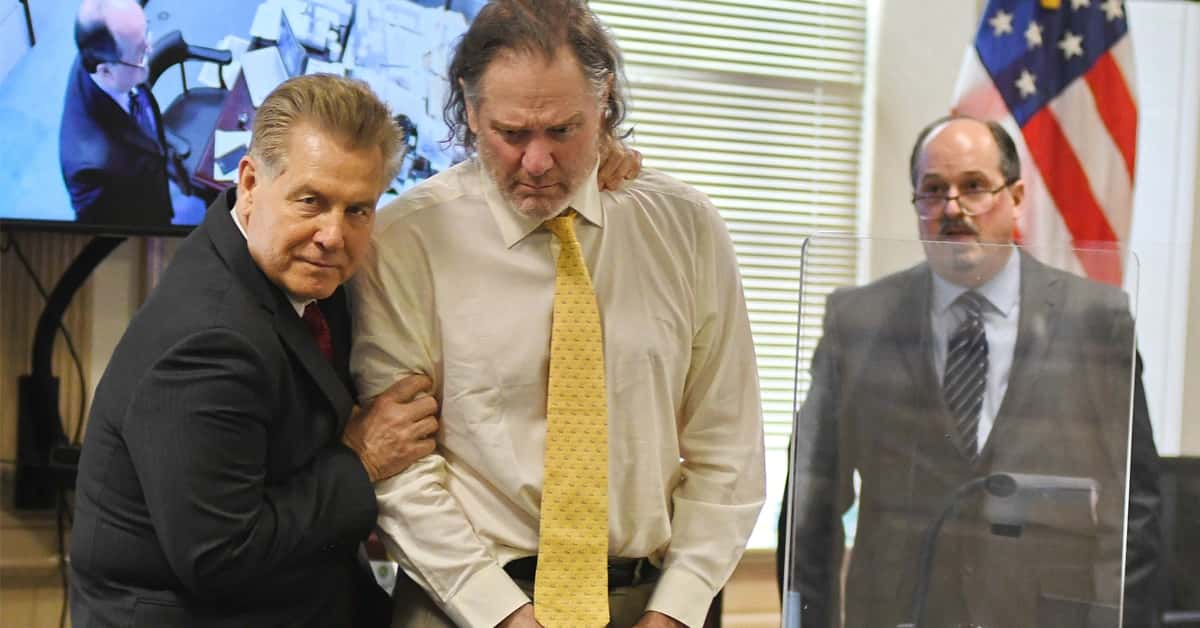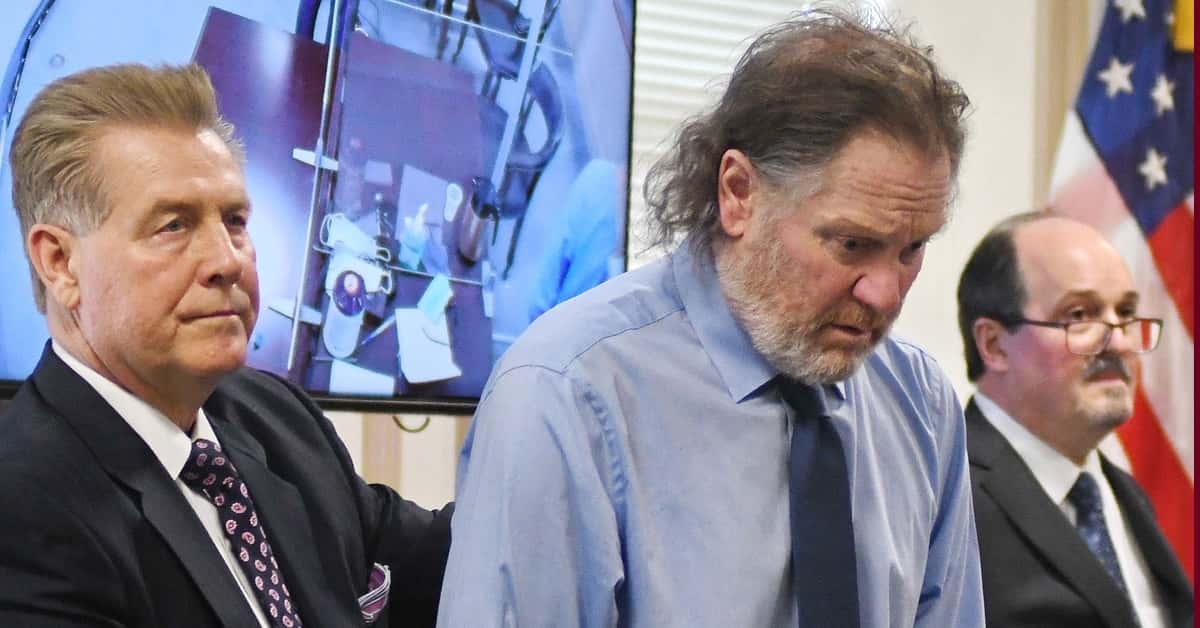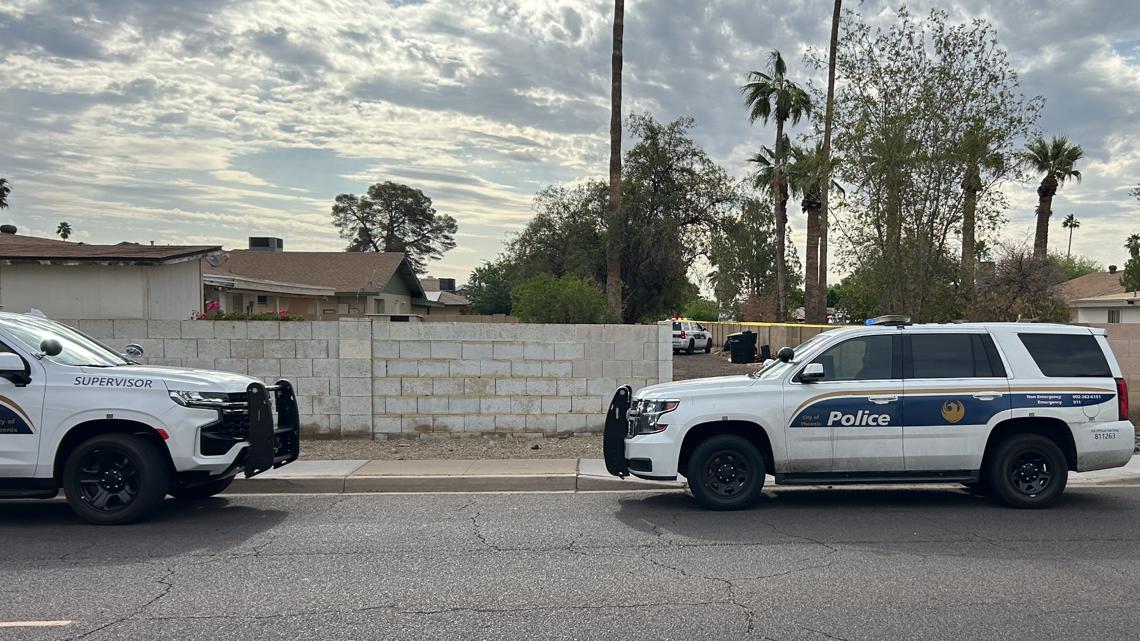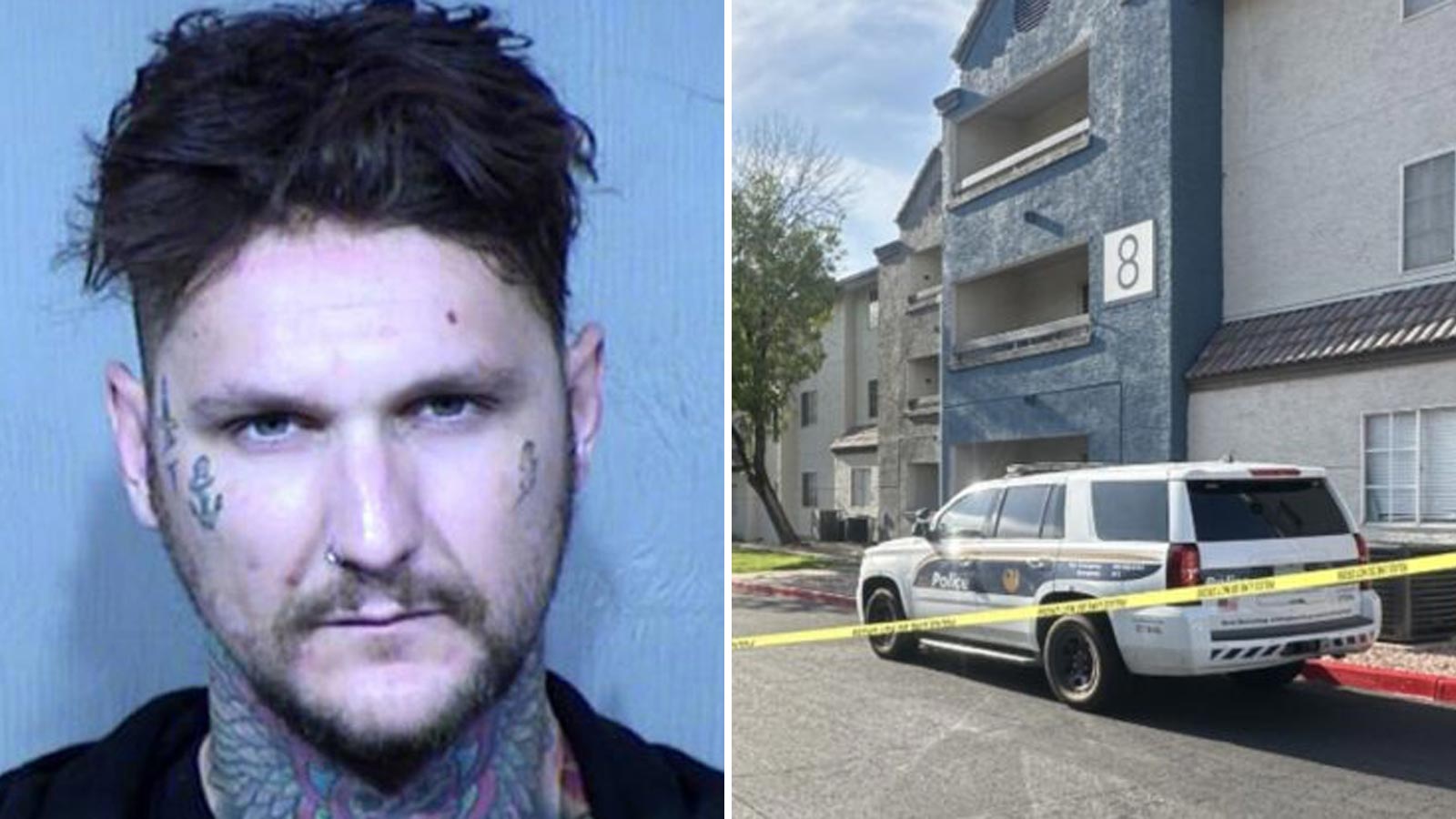The incident took place during a training session, leaving the victim seriously injured and prompting an investigation into the trainer’s mental state.

An Olympian trainer allegedly shot one of his riding students, raising questions about the possibility of an insanity defense
The accused trainer, known for his expertise and success in the sport, now faces the legal battle of his life as he awaits trial. His defense team is expected to argue that he should be deemed “not guilty by reason of insanity.” This defense strategy hinges on the claim that the trainer was suffering from a mental illness or condition at the time of the shooting, which impaired his ability to distinguish right from wrong.
Legal experts have expressed mixed opinions on the likelihood of a successful insanity defense in this case. While some argue that the severity of the alleged crime could make it challenging to convince the court of the defendant’s lack of sanity, others point out that mental health issues can manifest unexpectedly, even in individuals who appear stable and successful.
The trial is expected to shed light on the mental state of the accused trainer leading up to the incident, potentially revealing any signs of mental distress or previous episodes that might support the insanity defense
The victim’s family and the equestrian community at large anxiously await the outcome of the trial, hoping for justice to be served and seeking answers to the perplexing question of how such a tragedy could have occurred in the first place.
As the legal proceedings unfold, the case serves as a stark reminder of the complex nature of mental health and its potential impact on individuals across all walks of life. The outcome of this trial will undoubtedly shape future discussions surrounding the responsibility and accountability of individuals suffering from mental illnesses, particularly within the realm of professional sports training.
READ ALSO: Miracle In The Colombian Jungle: Indigenous Children Found Alive 40 Days After Plane Crash




